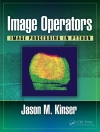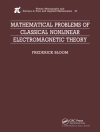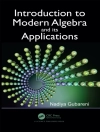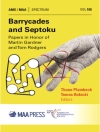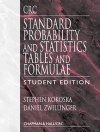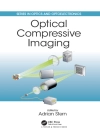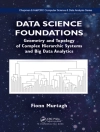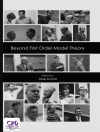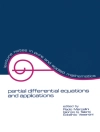This book contains surveys and research articles on the state-of-the-art in finitely presented groups for researchers and graduate students. Overviews of current trends in exponential groups and of the classification of finite triangle groups and finite generalized tetrahedron groups are complemented by new results on a conjecture of Rosenberger and an approximation theorem. A special emphasis is on algorithmic techniques and their complexity, both for finitely generated groups and for finite Z-algebras, including explicit computer calculations highlighting important classical methods. A further chapter surveys connections to mathematical logic, in particular to universal theories of various classes of groups, and contains new results on countable elementary free groups. Applications to cryptography include overviews of techniques based on representations of p-groups and of non-commutative group actions. Further applications of finitely generated groups to topology and artificial intelligence complete the volume. All in all, leading experts provide up-to-date overviews and current trends in combinatorial group theory and its connections to cryptography and other areas.
Circa l’autore
Volker Diekert studied in Hamburg with Ernst Witt and in Montpellier with Alexander Grothendieck. He earned his Ph D in algebraic number theory in Regensburg under direction of Jürgen Neukirch and received his habilitation in Munich. Since 1991 he held the Chair for Theoretical Informatics at the University of Stuttgart until his retirement in 2023. His main research areas are algebraic foundations of computer science and algorithmic aspects of combinatorial group theory. He is coauthor of the textbooks ‘Elements of Discrete Mathematics’ and ‘Discrete Algebraic Methods’ and coeditor of the ‘Book of Traces’ which became a standard for algebraic concurrency theory.
Martin Kreuzer received his doctoral degree and his habilitation in algebraic geometry at the University of Regensburg under the guidance of Ernst Kunz. Since 2007 he has held the Chair of Symbolic Computation at the University of Passau. His main research areas are computer algebra, commutative algebra, and algebraic geometry, together with their applications to cryptography, algebraic logic, coding theory, and industrial mathematics.He is a coauthor of a fundamental three volume monograph on ‘Computational Commutative Algebra’ and several other books. Together with Gerhard Rosenberger, he has been working on algorithmic aspects of group theory, mainly using non-commutative Gröbner bases, the cryptoanalysis of group-based cryptosystems, and the monograph ‘A Course in Mathematical Cryptography’.


